Best movies like The Marriage of Figaro
A unique, carefully handpicked, selection of the best movies like The Marriage of Figaro Starring Hermann Prey, Mirella Freni, Dietrich Fischer-Dieskau, Kiri Te Kanawa, and more. If you liked The Marriage of Figaro then you may also like: Romance in the Dark, El barbero de Sevilla, La Bohème, Don Giovanni, Interlude In Prague and many more popular movies featured on this list. You can further filter the list even more or get a random selection from the list of similar movies, to make your selection even easier.
Mozart's Marriage of Figaro is a comedy whose dark undertones explore the blurred boundaries between dying feudalism and emerging Enlightenment. Herman Prey's Figaro is admirably sung in a firm baritone and aptly characterized. So too, is his antagonist, Dietrich Fischer-Dieskau as the Count perpetually frustrated by the scheming wiles of Figaro and Susanna, here the perky Mirella Freni, who sings and acts like a dream. The Countess is creamy-voiced Kiri Te Kanawa, and the Cherubino, Maria Ewing, looks just like the horny, teenaged page she's supposed to be. The all-star leads are complemented by worthy supporting singers, the Vienna Philharmonic at the top of its form, and the experienced Mozartian, Karl Böhm conducting a stylishly fleet performance.
You may filter the list of movies on this page for a more refined, personalized selection of movies.
Still not sure what to watch click the recommend buttun below to get a movie recommendation selected from all the movies on this list
El barbero de Sevilla
Since he falls for beautiful Rosina, the Almaviva count is questioning his Donjuanesque life. He resolves to travel to Seville to seek advice from famed Figaro, who is much more than a barber.
La Bohème
In the early 1960s two artistic giants, conductor Herbert von Karajan and director Franco Zeffirelli, joined forces to create this milestone production of Puccini’s masterpiece at Milan’s Teatro alla Scala. Filmed in that legendary opera house in 1965, with Zeffireli himself directing for the cameras, this “Bohème” has been acclaimed universally for its unique theatrical impact and visual splendour. Starring the young Mirella Freni in her carreer-making performance. – For the first time the full dimension of opera on film.
Don Giovanni
Screen adapatation of Mozart's greatest opera. Don Giovanni, the infamous womanizer, makes one conquest after another until the ghost of Donna Anna's father, the Commendatore, (whom Giovanni killed) makes his appearance. He offers Giovanni one last chance to repent for his multitudinious improprieties. He will not change his ways So, he is sucked down into hell by evil spirits. High drama, hysterical comedy, magnificent music!
Figaros Hochzeit
Shortly after WWII, the DEFA Studios produced a series of operas and operettas which belonged to the classical German musical heritage. This enchanting film, the very first opera production of DEFA, stands out because of its lavish decor and costumes, its outstanding actors and their masterful voices of that time.
The Mikado
In a small Japanese town, Ko-Ko is appointed to the unenviable position of executioner. Knowing he must successfully perform before the appearance of the Mikado in a month's time, Ko-Ko finds a suitable victim in Nanki-Poo, who is distraught over his unrequited love for the maiden Yum-Yum. Nanki-Poo agrees to sacrifice his life if he is allowed to spend his remaining days with Yum-Yum, who is betrothed to Ko-Ko.
Music in the Air
A songwriter's young daughter (June Lang) begins to dream of stardom when she's offered the lead role in a new operetta.
Verdi: Rigoletto
Rigoletto is a jester in the court of the Duke of Mantua. He has a hunch-back and he's rather unattractive, but he's good at his job of humiliating the courtiers for the amusement of the Duke. The courtiers, of course, are not amused. The Duke is a ladies man who feels his life would be meaningless if he couldn't chase every skirt he sees. In fact, we learn as the opera begins that he's recently been noticing a young lady every Sunday on her way to church, and he's vowed to have his way with her. What nobody realizes is that the girl is the jester's beloved daughter, Gilda, and that Gilda has seen the Duke every Sunday and is smitten with him. Suddenly Count Monterone appears at court, furious that the Duke has seduced his daughter. Rigoletto ridicules Monterone, the Duke laughs, and Monterone casts an awful curse on both of them. Later, the courtiers discover that Rigoletto is secretly living with Gilda...
The Climax
Dr. Hohner, theatre physician at the Vienna Royal Theatre, murders his mistress, the star soprano when his jealousy drives him to the point of mad obsession. Ten years later, another young singer reminds Hohner of the late diva and his old mania kicks in. Hohner wants to prevent her from singing for anyone but him, even if it means silencing her forever.
Countess Mariza
Paying a rare visit to her estate, a countess clashes with the man she hired to manage it.
Northwest Outpost
US cavalry officer James Laurence (Nelson Eddy) arrives at one of the Russian colonies to pave the way for the eventual American takeover of the territory. He faces resistance in the form of Prince Nikolai Balinin (Hugo Haas), who has no intention of weakening his despotic hold over the local peasants. The plot thickens when Laurence falls in love with Natalie Alanova (Ilona Massey), the wife of disgraced nobleman Count Igor Savin (Joseph Schildkraut).
Falling for Figaro
A brilliant young fund manager leaves her unfulfilling job and long-term boyfriend to chase her lifelong dream of becoming an opera singer in the Scottish Highlands.
The Guardsman
An acclaimed actor and his equally acclaimed actress wife, who have been married for less than a year, are already showing signs of strain in their marriage. The actor believes his wife is capable of infidelity and sets out to prove this is so. Disguising himself as the kind of man he believes she fancies (a Russian military officer), the actor woos his wife while she believes her husband to be out of town.
P.D.Q. Bach: The Abduction of Figaro
Chorus, Corpse de Ballet, Orchestra of the Minnisota Opera, the Whole Schmeer, under the direction of Professor Peter Schickele Based on several of Mozart's most famous Operas including The Marriage of Figaro, Don Giovanni, Cosi Fan Tutti and making fun of everything from Star Wars to the Maltese Falcon this is an Opera only PDQ Bach could have written.
Mozart: Le Nozze di Figaro
David McVicar's spellbinding production of LE NOZZE DI FIGARO is set in 1830s post-revolution France, where the inexorable unravelling of an old order has produced acute feelings of loss. In the relationship between Finley's suave, dashingly self-absorbed Count and Röschmann's passionately dignified Countess, which lies at the tragic heart of the opera, the sexy ease between a feisty Figaro (Erwin Schrott) and a sassy Susanna (Miah Persson) is starkly absent, the tenacious spark between Marcellina (Graciela Araya) and Bartolo (Jonathan Veira) suggesting what might be rekindled. The production is superbly complemented by the beauty of Paule Constable's lighting and Tanya McCallin's evocative sets. Antonio Pappano conducts (and accompanies the recitatives) with invigorating wit and emotional depth.
Baby
The daughter of the Parisian countess Lafitte, named "Baby", is supposed to go to an English boarding school, but she's much more interested in variety shows. Nevertheless, she travels with her friend Susette to London, who also wants to make a career for herself as a showgirl. During the journey, Baby is mistakenly considered to be a showgirl and she does nothing to dissuade two young English lords from believing so. The girls continue to live under false pretenses even when they arrive in England, with Baby being a soloist with the group "Babies" and Suzette passing herself off as the Contessa Lafitte for school exams. At the end -- a double marriage.
The Night Is Young
Young Austrian Archduke Paul "Gustl" Gustave is in an arranged engagement but his uncle, the emperor, decides to let Gustl carry on a fling with ballet dancer Lisl Gluck.
Pique Dame
Filmed at the 1992 Glyndebourne Festival in Lewes, England, this production won unanimous critical acclaim for its innovative interpretation of Tchaikovsky's opera "Pique Dame" ("Queen of Spades"). Although sung in Russian, the production features English sopranos Felicity Palmer as the old countess and Nancy Gustafson as Lisa. Russian tenors Dimitri Kharitonov, Sergei Leiferkus and Yuri Marusin co-star.
Mozart: The Magic Flute
A delightful fairy tale, Mozart's final operatic legacy remains a great work in the spirit of the Enlightenment. Intertwining music of awesome purity and beauty with the conventions of musical comedy, it explores Man's search for truth and his confusion between the forces of light and dark. This production from The Drottningholm Court Theatre is conducted by Arnold Ostman and played on authentic period instruments.
La Boheme
Giacomo Puccini's bittersweet opera of high-spirited bohemians and the doomed love between Rodolfo, the idealistic poet and Mimi, the consumptive flower-maker, is a beautifully balanced series of tableaux depicting the infectious joie de vivre of youth and the tragic waste of disease and separation. The legendary and incomparable partnership of Mirella Freni and Luciano Pavarotti as the two lovers has been captured in this special live recording from stage of the San Francisco Opera. Brian Large has adapted Francesca Zambello's production for video, further illuminating the fascinating interaction of Puccini's characters. Gino Quilico sings Marcello, the colorful and moody painter, whose tempestuous relationship with the flirtatious Musetta (sung by Sandra Pacetti), comically mirrors the more profound love of Rodolfo and Mimi. Nicolai Ghiaurov sings Colline.
Don Giovanni
This production was originally staged for the Pepsico Summerfare Festival, The International Performing Arts Festival of the State University of New York at Purchase. Leaving the lyrics in their original Italian, acclaimed American director Peter Sellars transports Wolfgang Amadeus Mozart's "Don Giovanni" to a modern-day metropolis, nestling the opera's beloved characters among the brownstones of New York City's Harlem. Sellars's contemporary retelling of a classic musical tale is one of three performances in a Mozart series that also includes "Le Nozze di Figaro" and "'Così Fan Tutte."
Die Fledermaus
Most opera houses ring in the New Year with Johann Strauss Jr.'s most popular operetta--the festiveness of which is appropriate for the occasion--and this December 31, 1983, Covent Garden performance follows suit. An exceptional cast--led by Hermann Prey and Kiri Te Kanawa as the couple whose marriage survives the comic indiscretions of three long acts--obviously has as much fun as the audience. Plácido Domingo leads the Orchestra of the Royal Opera House through its paces with panache. Prince Orlofsky's Act II party is always a splendid opportunity to pull out all the stops with surprise "guests," and this performance makes the most of its chance: entering the proceedings to sing one of his tailor-made chansons, "She," is French crooner Charles Aznavour, who is followed by dancers Merle Park and Wayne Eagling, their delightful pas de deux flashily choreographed by Sir Frederick Ashton.
Manon Lescaut
"Manon", wrote Puccini to his publisher Giulio Ricordi in 1889, "is a heroine I believe in and therefore she cannot fail to win the heart of the public." This turned out to be a truly prophetic statement since none of Puccinis other world successes were received on their first nights as rapturously as Manon Lescaut. The popularity of Puccinis great masterpiece has never waned and the highly acclaimed Götz Friedrich production at Covent Garden was hailed as an operatic milestone. Two of the worlds leading stars--Kiri Te Kanawa and Placido Domingo--head a strong cast conducted by the brilliant Italian conductor Giuseppe Sinopoli.
Der Rosenkavalier
Live performance, new production season 1984-5. BBC 2 Television relay on 30 March 1985 of performance of February 11.
The Marriage of Figaro
This is a good video of "Figaro", but there are a couple of better ones available. The Bohm and the Pappano are better still due to the female members of the casts. The reason for buying this one is the "Figaro", Bryn Terfel. No one can top him today in that role. John Eliot Gardiner also stands out. Many of us have voiced their opinion that If the Metropolitan Opera would release it's 1998 version, that would be the one to get.
Otello
Herbert von Karajan directed this film of Verdi’s Shakespearan masterpiece as well as conducting the Berlin Philharmonic. As the tragic Moor of Venice, arguably his greatest role, John Vickers (in the words of critic David Cairns) "commands both the notes and the moral grandeur of the part. … And he has the aura of greatness – greatness of heart, of bearing, of musical and dramatic conception". Mirella Freni is a heartbreakingly lovely and fragile Desdemona, while the fine English baritone Peter Glossop plays the villainous Jago.
The Barber of Seville
23-year-old Gioachino Rossini completed his masterpiece IL BARBIERE DI SIVIGLIA incredibly quickly – legend has it in just 13 days – which Rossini attributed to ‘facility and lots of instinct’. The opera, characterized by youthful energy and bold wit, has all the ingredients for comic chaos: an imprisoned young woman, her lecherous guardian and a young noble suitor. Skilfully plotting behind the scenes is Figaro, an irrepressible and inventive character in whom many have seen a resemblance to the young Rossini himself. The score fizzes with musical brilliance, from Figaro’s famous entrance aria to the frenzy of the Act I finale. This recording sees Joyce DiDonato (Rosina) bring literal meaning to the old theatrical motto Break a leg! She did just that in an earlier show but was determined to finish her commitment and was re-staged into the production to allow for the additional challenges that come when a leading lady in a lively physical role must wheel around the other performers...
The Ghosts of Versailles
What happened to Figaro and his friends after the events told in Rossini’s and Mozart’s operas? One possible sequel is told in John Corigliano’s “grand opera buffa” The Ghosts of Versailles—an uproariously funny and deeply moving work inspired by Beaumarchais’s third Figaro play, La Mère Coupable, and commissioned by the Met to celebrate its 100th anniversary. This telecast captures its world premiere run, conducted by James Levine. Håkan Hagegård is Beaumarchais, Figaro’s creator, who is deeply in love with Marie Antoinette (Teresa Stratas in a heart-searing performance) and determined to rewrite history and save her from the guillotine. A young Renée Fleming, at the beginning of her international career, sings the unfaithful Rosina. Gino Quilico is the wily Figaro who tries to take matters in his own hands, and Marilyn Horne stops the show as the exotic entertainer Samira.
The Count of Luxembourg
Der Graf von Luxemburg (The Count of Luxembourg) is an operetta in three acts by Franz Lehár to a German libretto by Alfred Willner, Robert Bodanzky, and Leo Stein. A Viennese take on bohemian life in Paris at the beginning of the 20th century, the story revolves around an impoverished aristocrat and a glamorous opera singer who have entered into a sham marriage without ever seeing each other and later fall in love at first sight, unaware that they are already husband and wife.
Così fan tutte
Mozart's genius in setting to music da Ponte's comic play of love, infidelity and forgiveness marks COSI FAN TUTTE as one of the great works of art from the Age of Enlightenment. Nicholas Hytner's beautiful new production, with its sure touch and theatrical know-how, lives up to its promise to be "shockingly traditional" as Iván Fischer teases artful performances from an outstanding international cast of convincing young lovers.






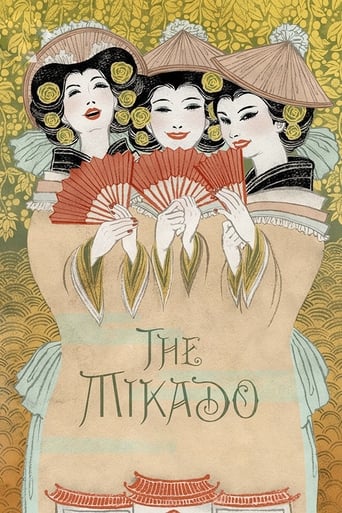



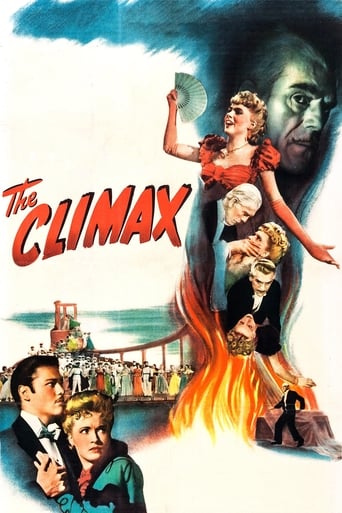


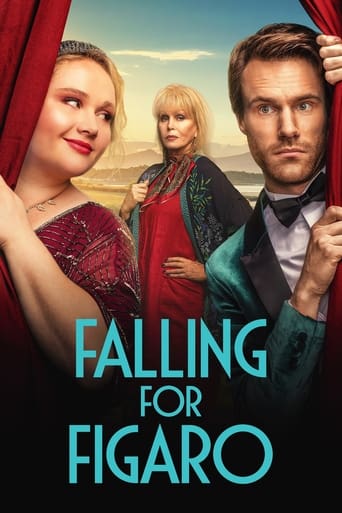




















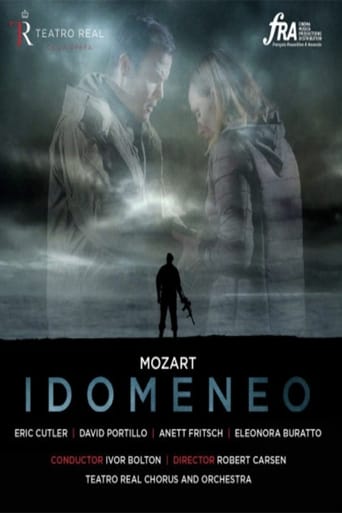
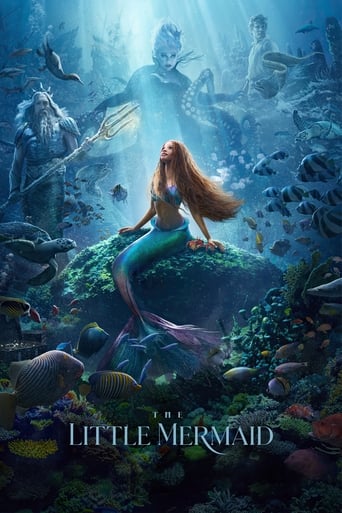
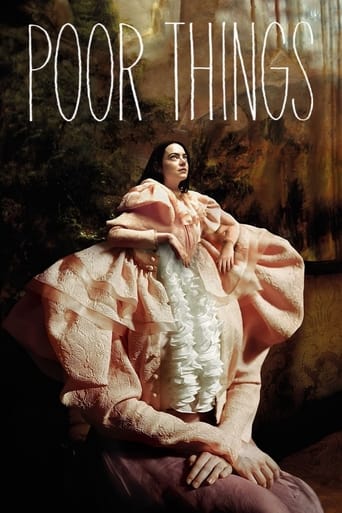
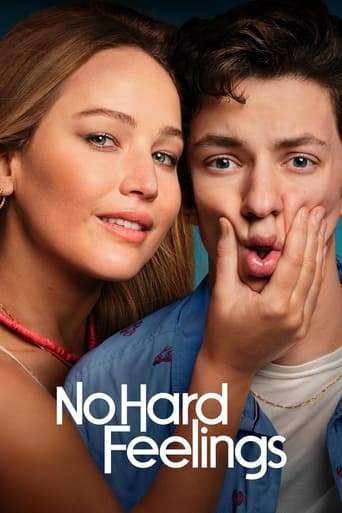

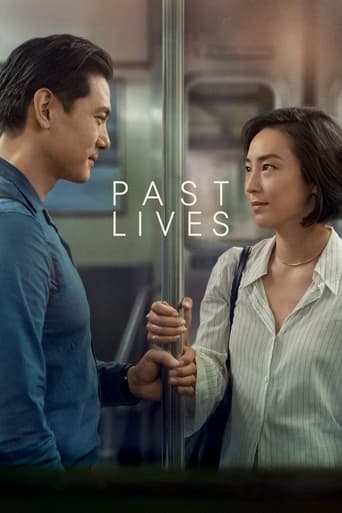
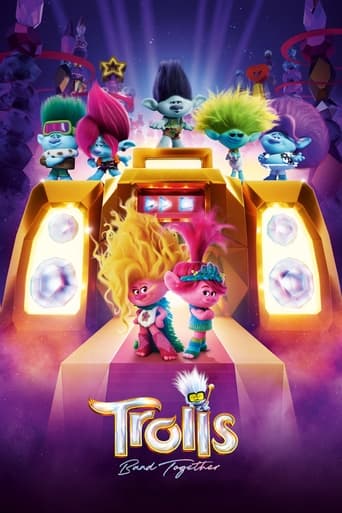
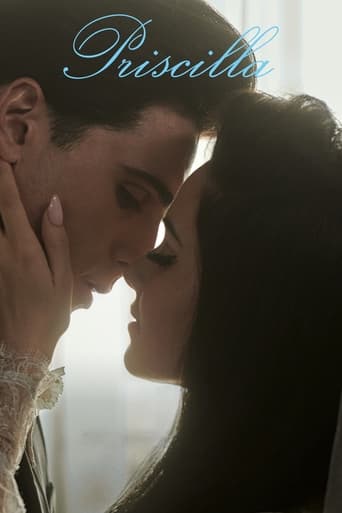
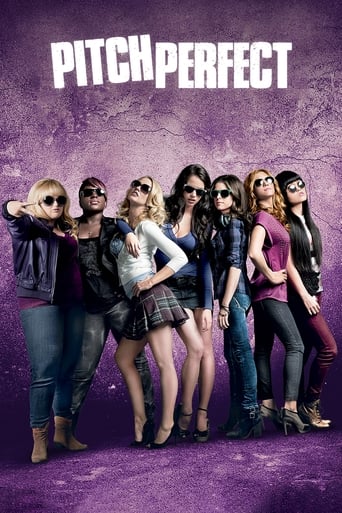
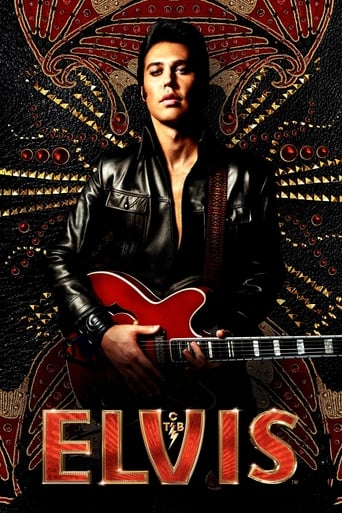
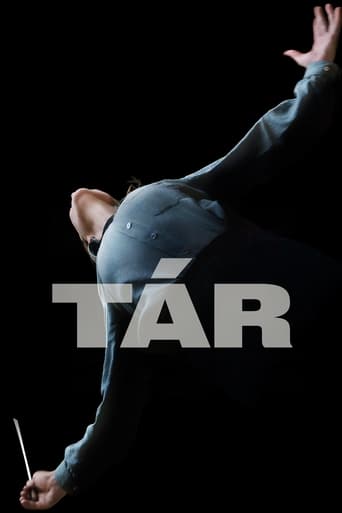
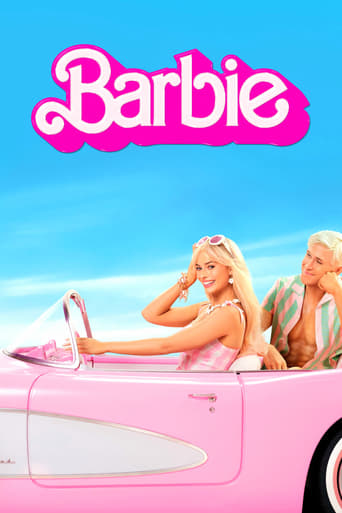

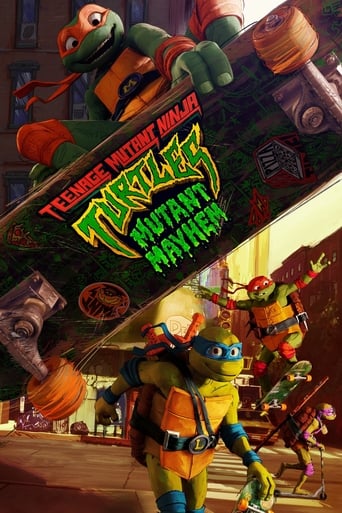

Romance in the Dark
A baritone aids a young servant in making her dream of singing professionally come true.